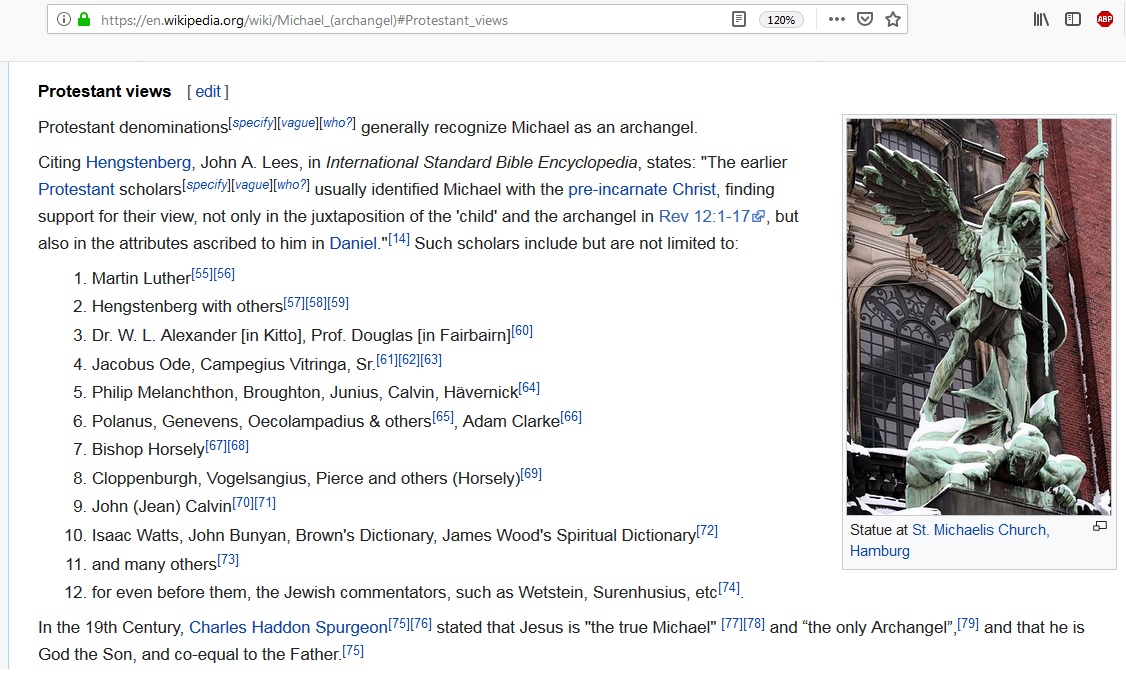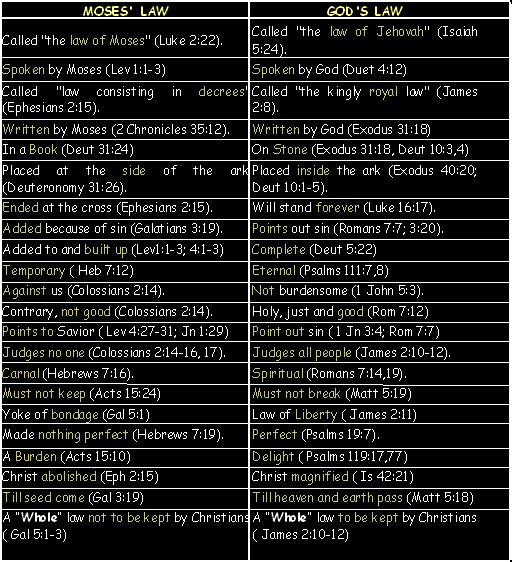Protestant
Well-Known Member
Just wanted to point out the difference between early Luther and mature later Luther, as well as, "Gergely M. Juhász, Ph.D. (2008) in Theology, Catholic University of Leuven, is Lecturer in Theology and Biblical Studies at Liverpool Hope University"
[Liverpool Hope University aka "Former names: Notre Dame College, Saint Katharine's College, Christ's College, Liverpool Institute of Higher Education, Liverpool Hope University College"]
I personally think you are deceptive, but that is neither here nor there:
"... Joye, however, changed the last clause to “But thou shalt be recompensed at the lyfe of the iuste men.” Although Joye did not explain his motivation to change Tyndale’s translation of this text, there can be no doubt that in Joye’s read-ing, this sentence also refers to the judgement of the individual at the moment of death: the ‘reward’ for the good deeds on earth shall be given to the individual upon his or her death. This interpretation of the text is consistent with his anthropological view and with his belief that the souls of the dead receive their reward or punishment immediately upon their death. Interpreting resurrectio in this sentence as referring to the bodily resurrection would have contradicted his dualistic anthropology or, at least in Joye’s understanding, would have promoted the Anabaptists’ (and Luther’s and Tyndale’s) position on soul sleep. ..." [PDF 385]
Have you read the conclusion? It doesn't match your conclusion (at all).
"... For him [William Tyndale], body and soul are in all probability not two differ-ent components but two different aspects of the same human person—a position that most modern exegetes believe to be the most ancient and authentic biblical view on the human being. ..." [PDF 431]
Furthermore, after the "conclusion" there is further material given by George Joye to Hugh Latimer (29 April 1533), saying:
"... that the sowles departyd slepe not nor 8 lye ydle tyll domes daye as Martyn luther and the Anabaptystes saye and as me 9 thinkythe ffrythe and William tyndall wolde..." - [PDF 433; lines 7-9]
George Joye's position was in opposition to those so named.
The author of Translating Resurrection describes Martin Luther’s early views on Purgatory: In 1518 “Luther at that time believed that the souls experienced infernal torments and despair in Purgatory. According to him, the souls are purified by these ineffable, indescribable, and incredible sufferings and by immeasurable fear” (p. 166).
Conclusion: Early Luther believed the souls of the dead were alive -not sleeping - experiencing suffering, despair, torment and fear.
The same author states the final, mature view of Luther:
“In later years, however, Luther reverted occasionally to his inherited Catholic view on the fate of the soul after death. [I.e., Purgatory.] As a consequence, the doctrine on psychosomnolence was in most Protestant denominations replaced by that on the natural immortality of the soul. See: Althaus, Die letzten Dinge, pp. 146–47” (p. 179).
Conclusion: The doctrine of Purgatory negates the doctrine of soul sleep. Sleep is an unconscious state. According to Catholic doctrine, Purgatory is a conscious tortuous state experienced by the soul undergoing purgation. To say Martin Luther was an ardent advocate of soul sleep is equivalent to saying Joe Biden is an outstanding orator whose elocution is faultless.


